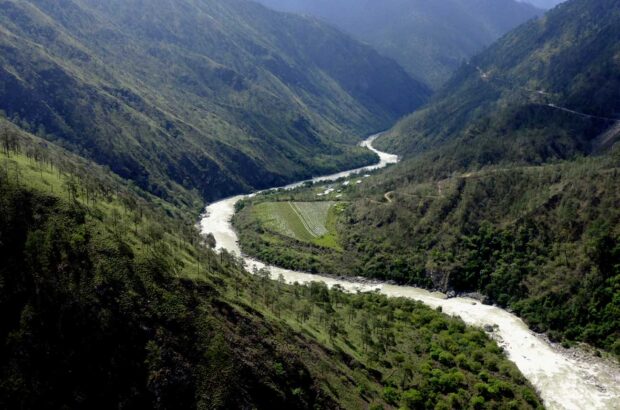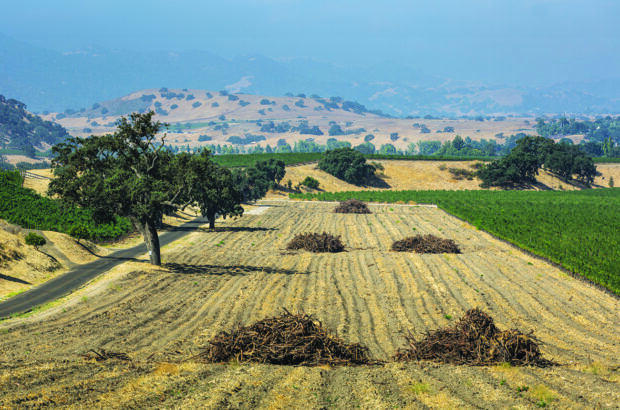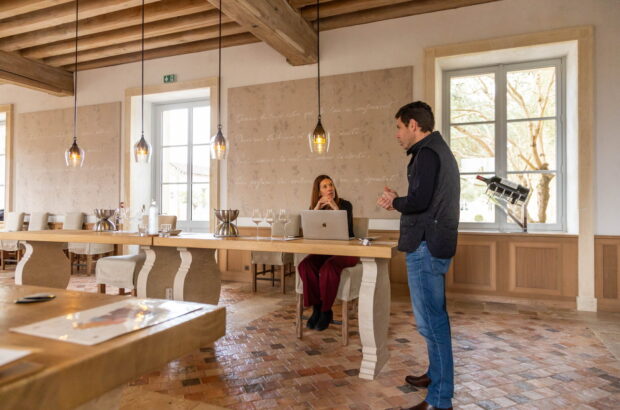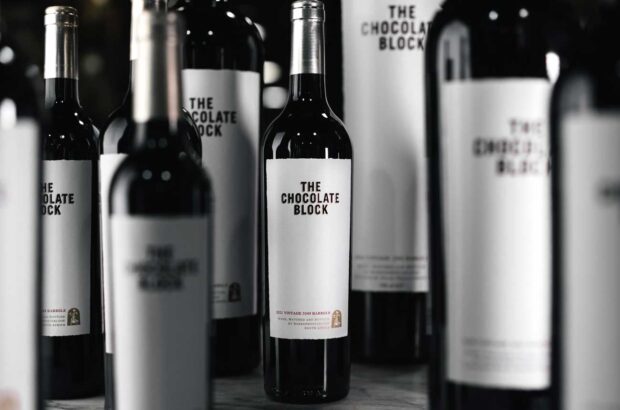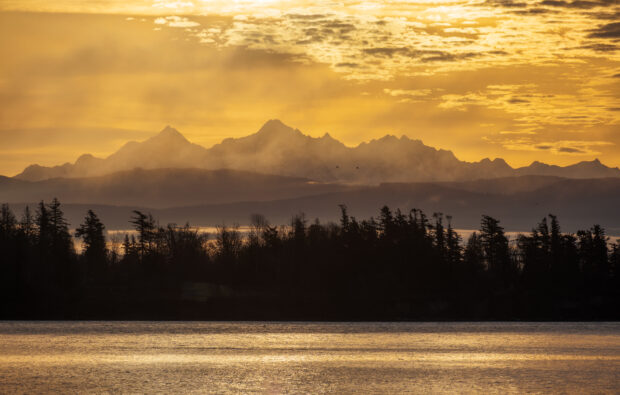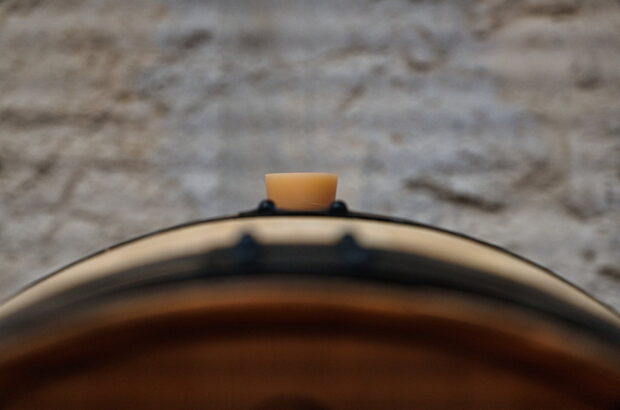Though I typically spend a few months in Italy over the course of a year, 2019 was a bit of an anomaly with travels to Croatia, Portugal, Australia as well as Eastern Canada thrown into the mix.
I still managed to attend Piedmont and Tuscany’s annual anteprima tastings. At these, sampling 100 embryonic wines in a day can be grueling, yet exceptional wines always stand out. Case in point – Fontodi’s 2015 ‘Vigna del Sorbo’ Chianti Classico Gran Selezione and Fèlsina’s 2016 Rancia Chianti Classico Riserva. Also from Tuscany’s stunning 2016 vintage, Montevertine’s Le Pergole Torte is a knockout. While all of these need time to reveal their full potential, Col d’Orcia’s completely mature 1979 Brunello di Montalcino Riserva brilliantly demonstrated the ageability of Sangiovese and proved the adage that there are no great wines, only great bottles. Rounding out the Tuscan quintet is Giulio Salvioni’s 2001 Brunello, which required a leisurely lunch to be fully enjoyed.
Between Decanter World Wine Awards, a visit to the oft-overlooked region of Lazio and countless tastings at my home-base on the West Coast of Canada, I tried plenty of other Italian contenders. However, I keep coming back to Ar.Pe.Pe.’s 2002 Valtellina Superiore Sassella Riserva ‘Rocce Rosse’. Generously shared at a casual evening with some of Vancouver’s top sommeliers, it served as a good reminder that not all regions struggled in Italy’s notoriously wet 2002 vintage.
My usual summer trips to Italy where replaced by what is best described as a two-part working honeymoon in Croatia and Eastern Canada. While I didn’t single out a specific wine from Croatia, I was delighted by Istria’s Malvazija Istarskas in general. Closer to home, Lightfoot & Wolfville Vineyards’ 2014 Blanc de Blancs was a revelation at a Masterclass on Nova Scotia. Tasted again (unintentionally blind) later on in the year, it was just as impressive.
I also ventured to the Douro Valley for the first time to attend the Douro Boys 15th anniversary auction. Beyond the requisite ports and many cellar worthy reds, I was particularly struck by the freshness and complexity of the whites, the epitome of which was Niepoort’s 2017 Coche.
As international guest judge at the impeccably run Australian Alternative Varieties Wine Show, I spend a few days touring around the regions of Victoria prior to judging. In King Valley, Fred Pizzini opened some beautifully aged back vintages of Pizzini Nebbiolo. It was a tough call but the 2002 Coronamento had a slight edge over the 1994.
Bordeaux may seem like an outlier on my list. However, my first job in the wine industry was managing the Bordeaux Futures campaign for a private wine store. To this day, I still taste the new vintage as the wines are being released in British Columbia. This year, a preview of the 2016s was followed by a glass of 2005 Château Haut-Brion. Simply unforgettable.
As memorable as these wines are, equally precious are the moments spent in the vineyard or over a simple home-cooked meal in a producer’s kitchen. Above all, rather than a specific wine, it was a conference that was most rousing in 2019. Tasting Climate Change in Montréal provided me with many takeaways. Not least, it inspired me to calculate my own carbon footprint. As I already have a number of trips to Italy booked for the coming year, I’ll be calculating the CO2 emissions and purchasing offsets to plant the equivalent in trees.



